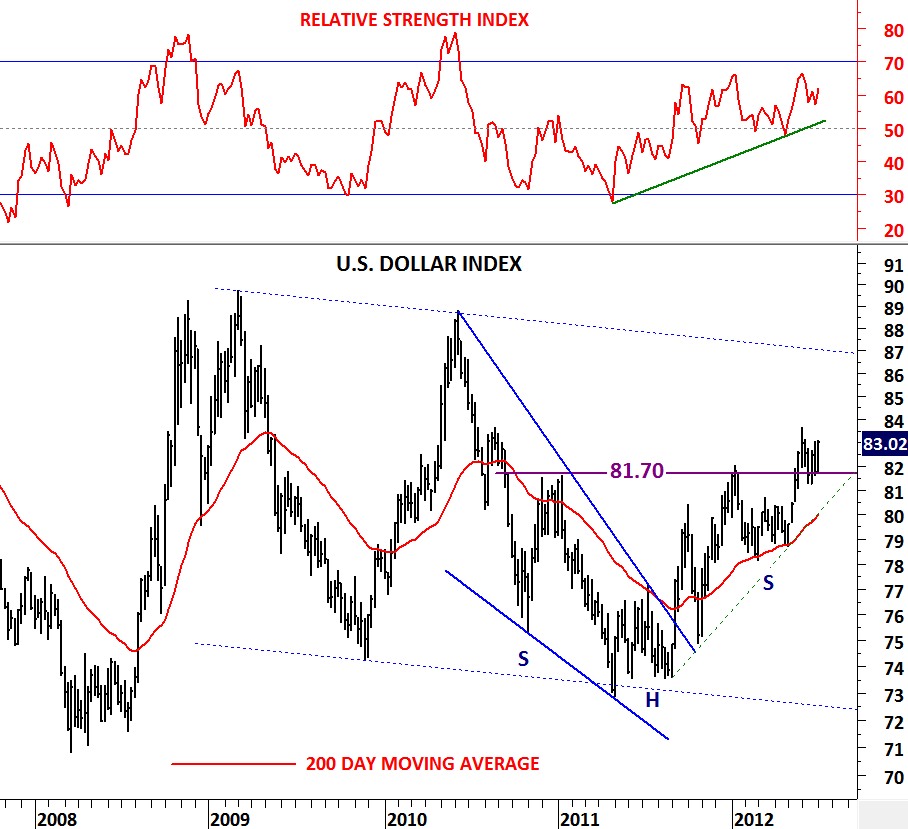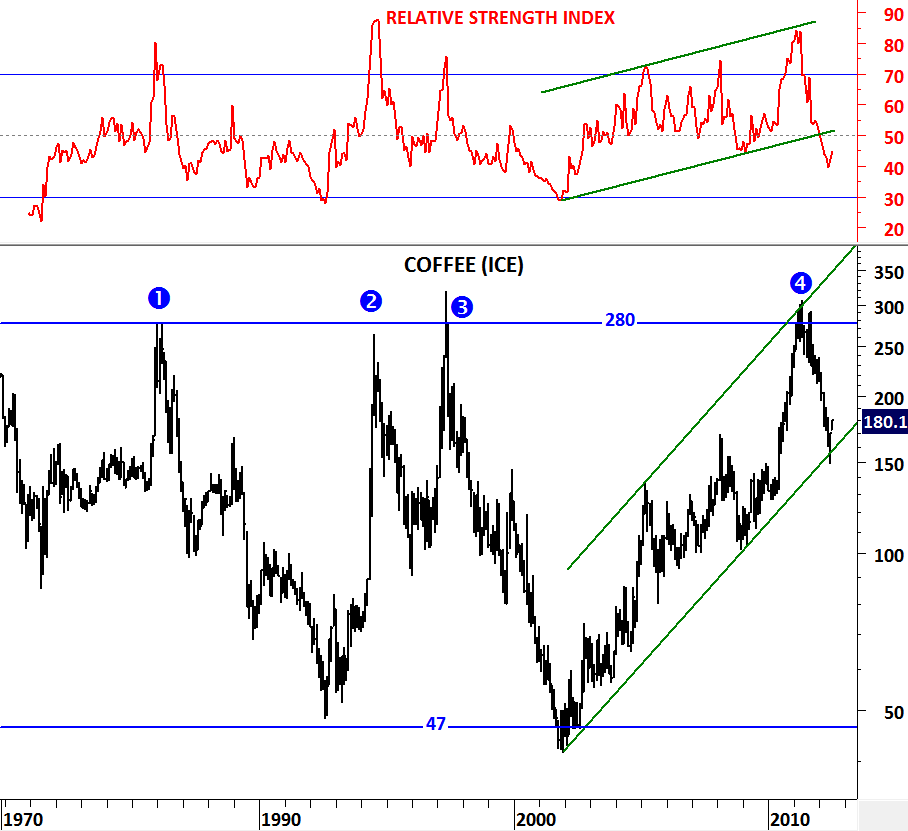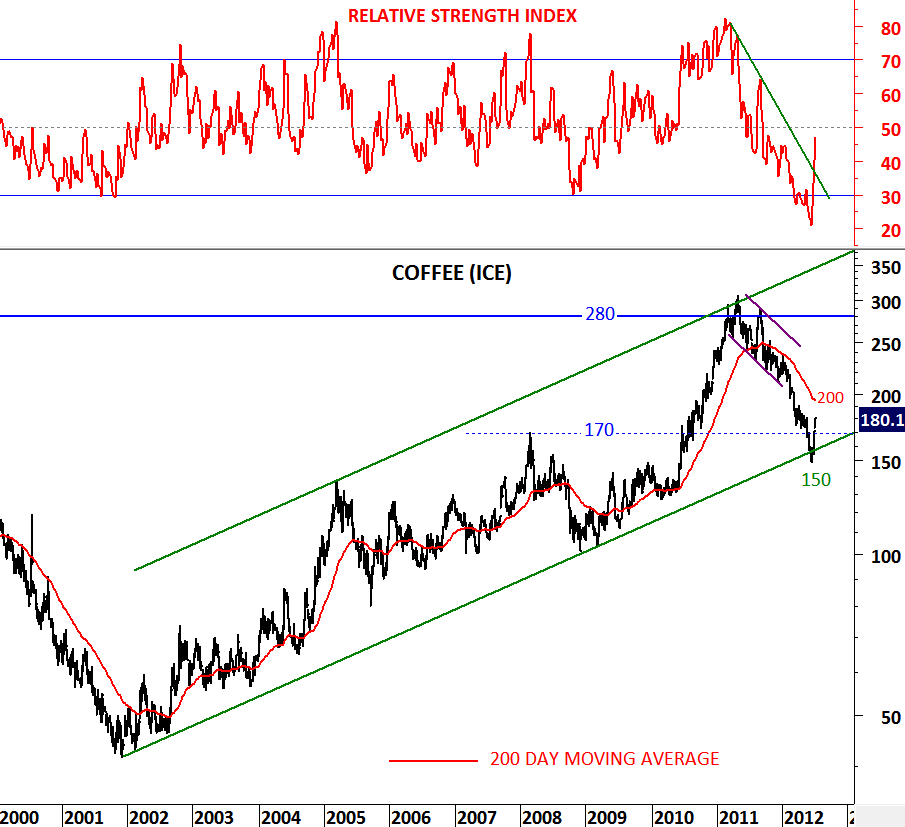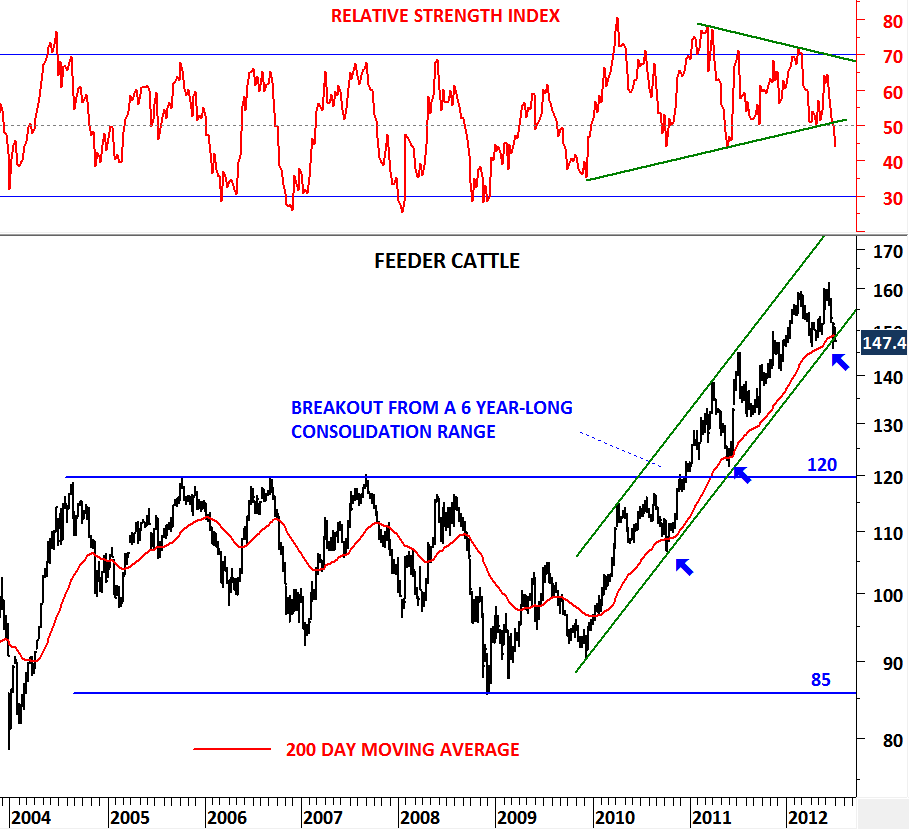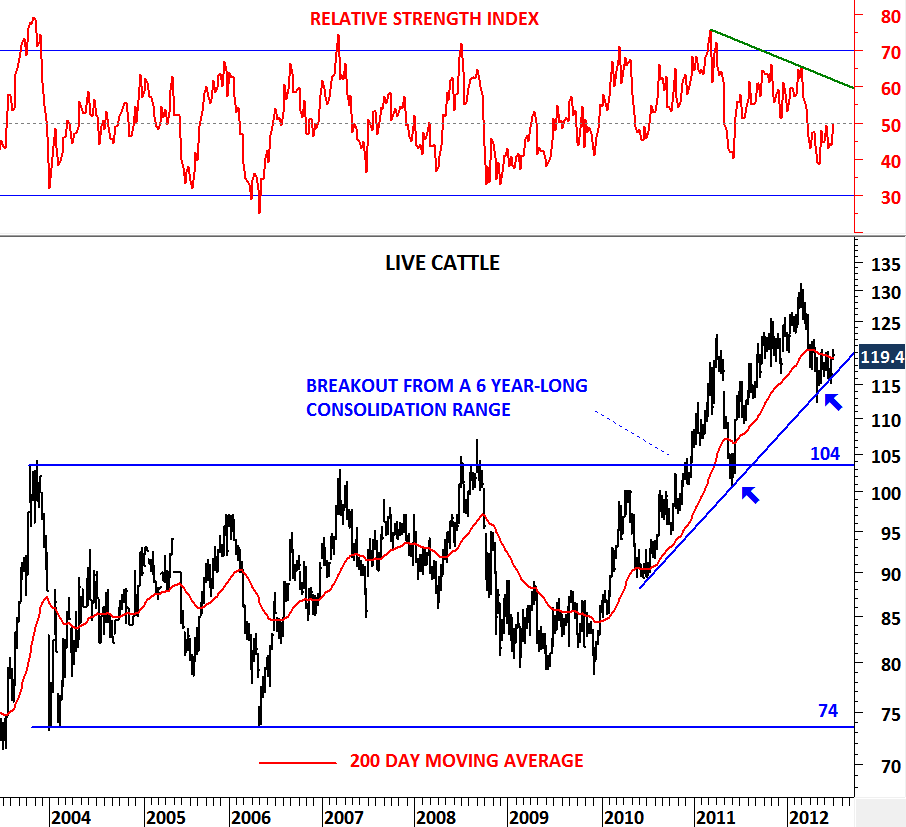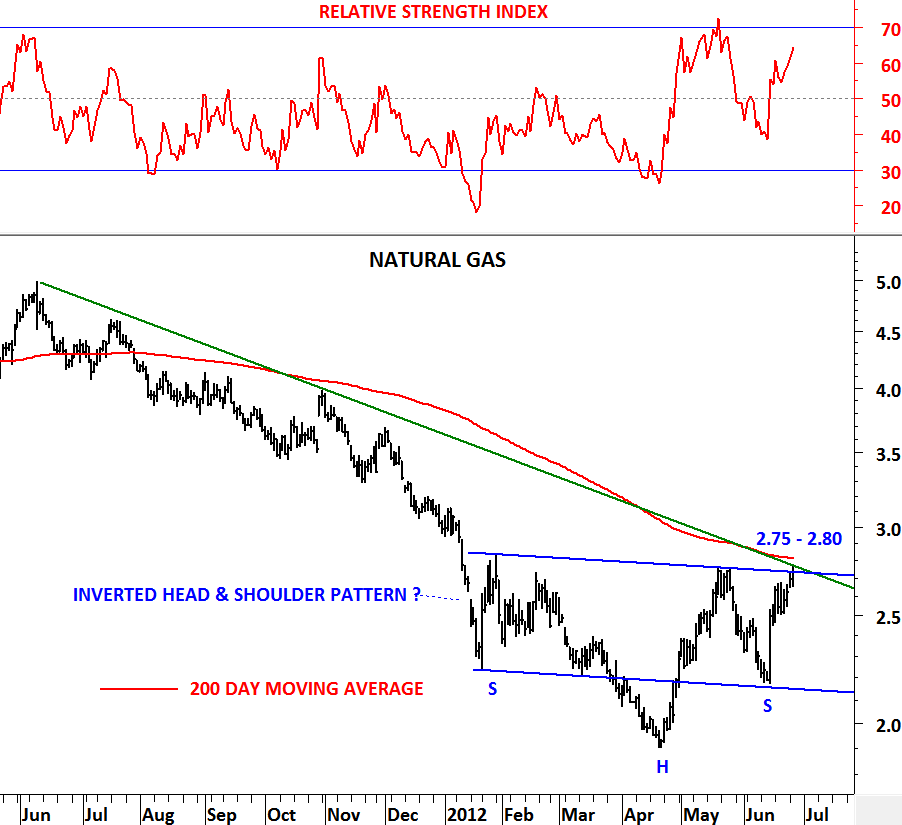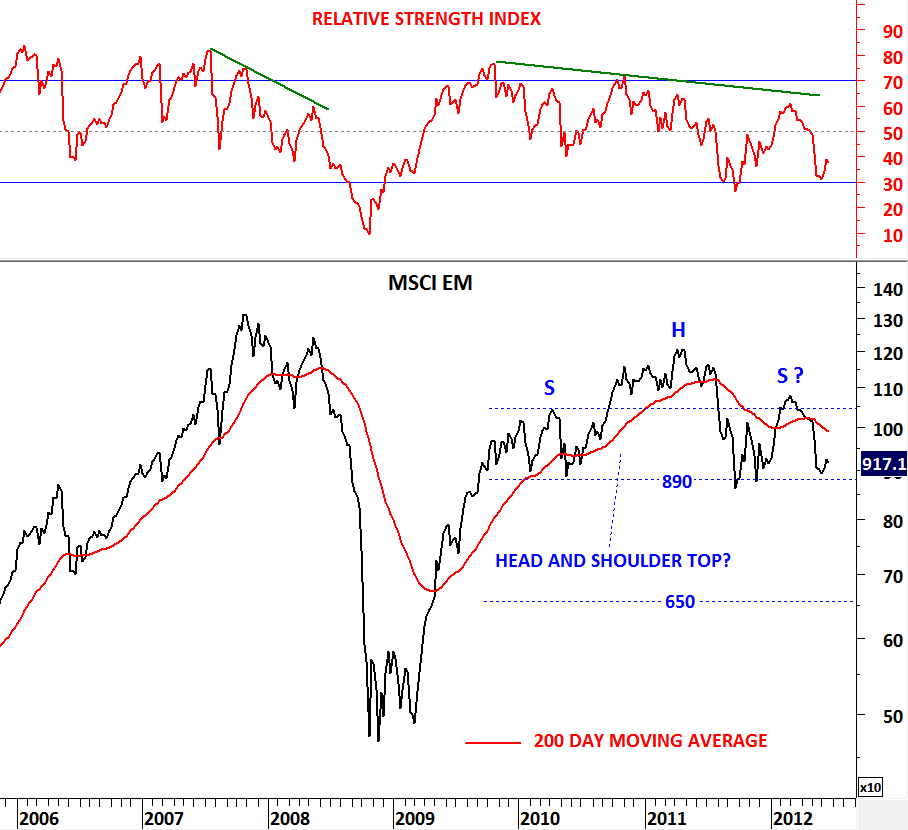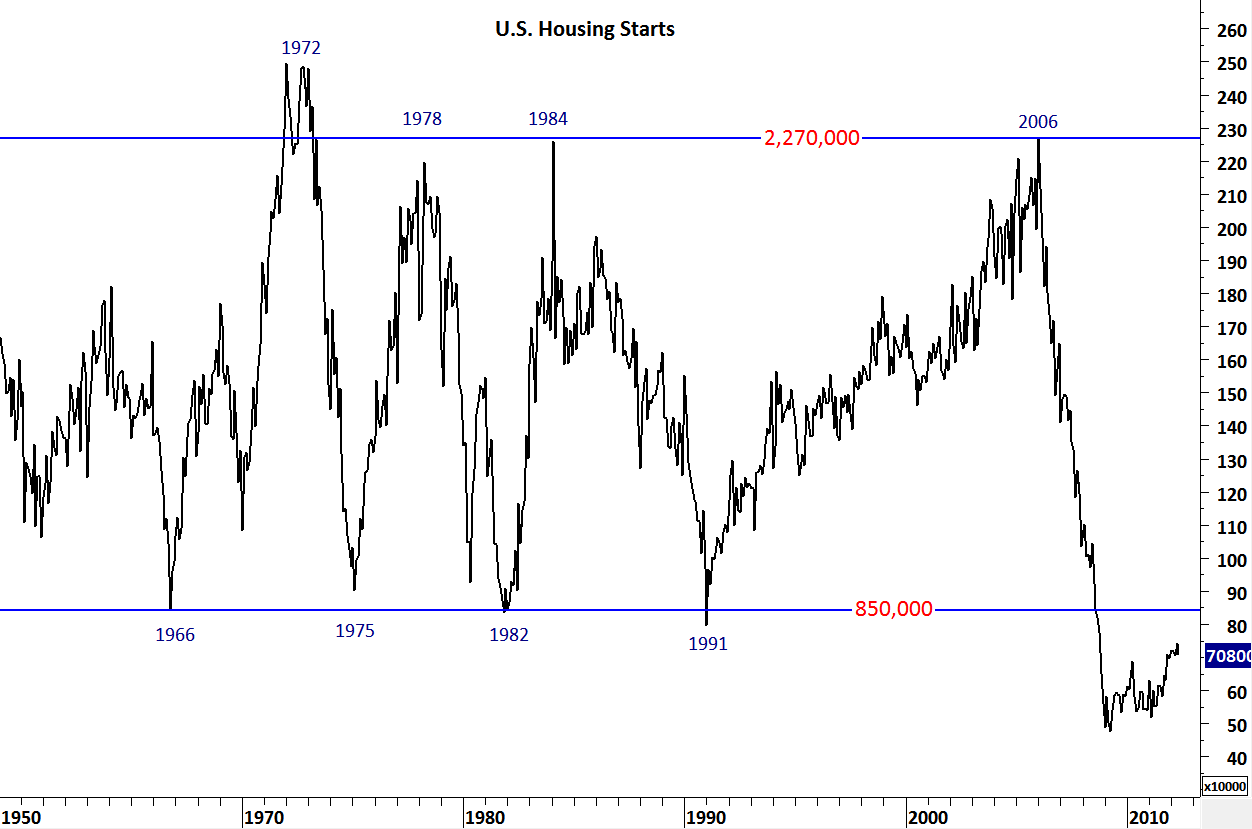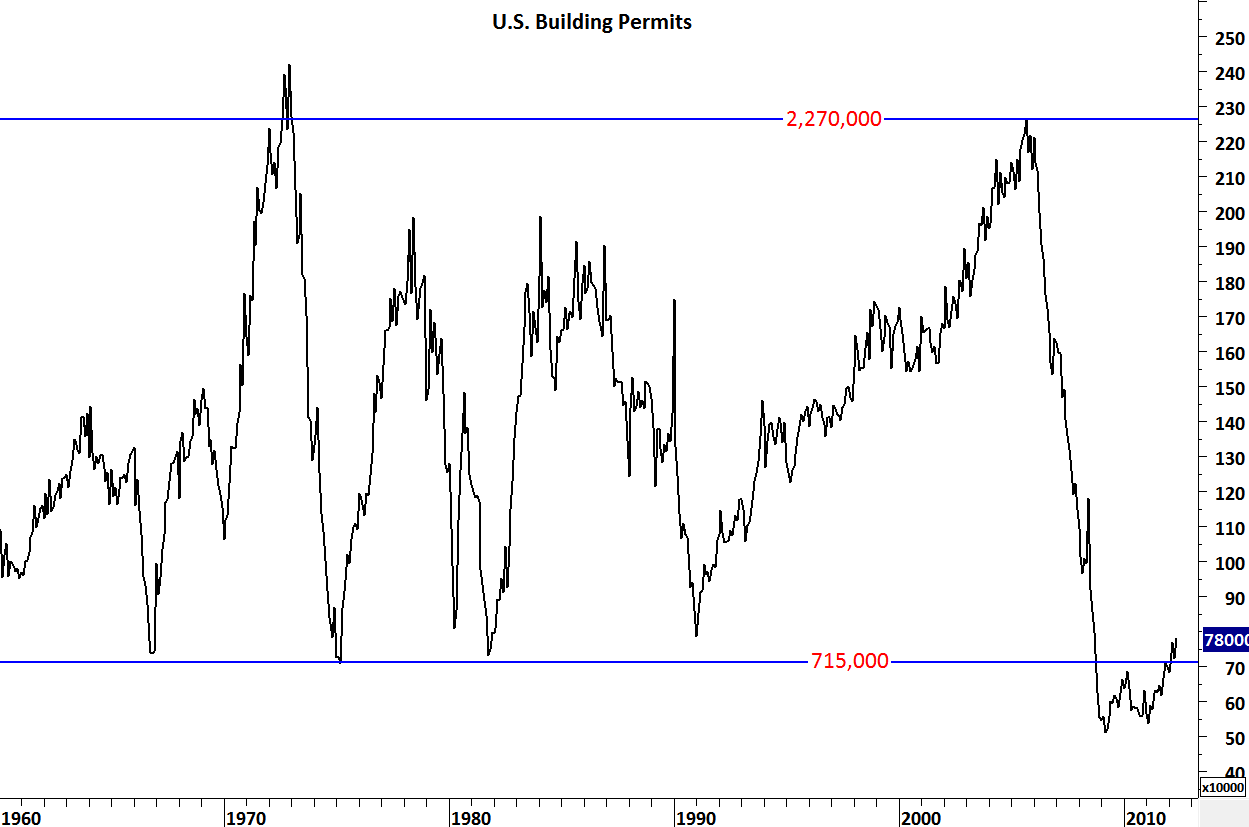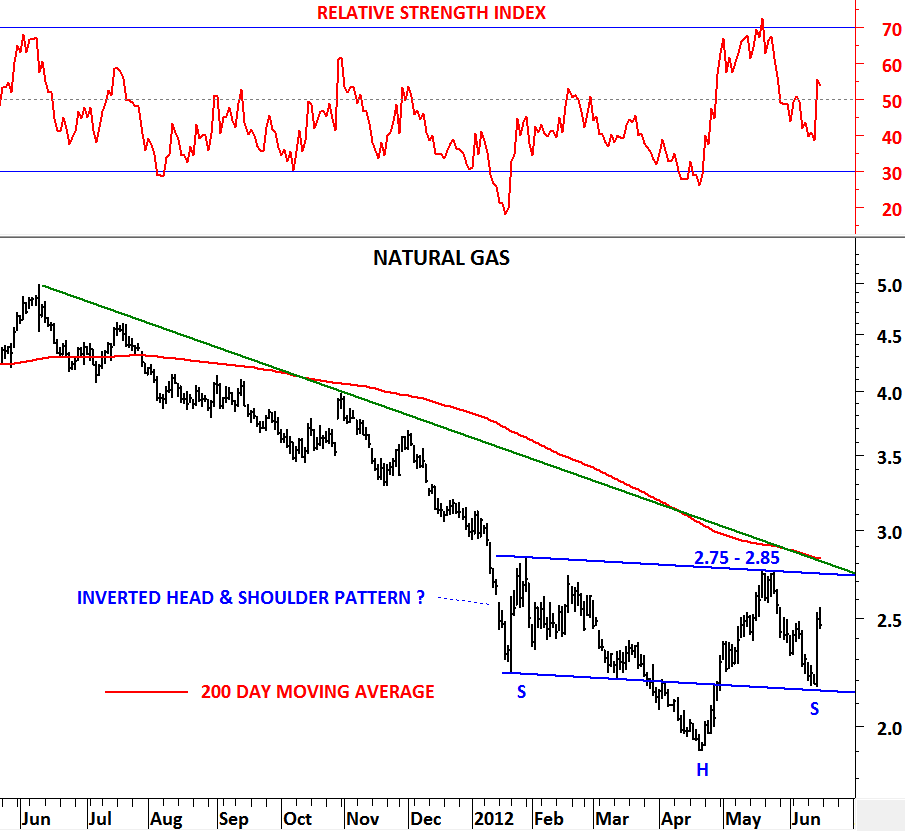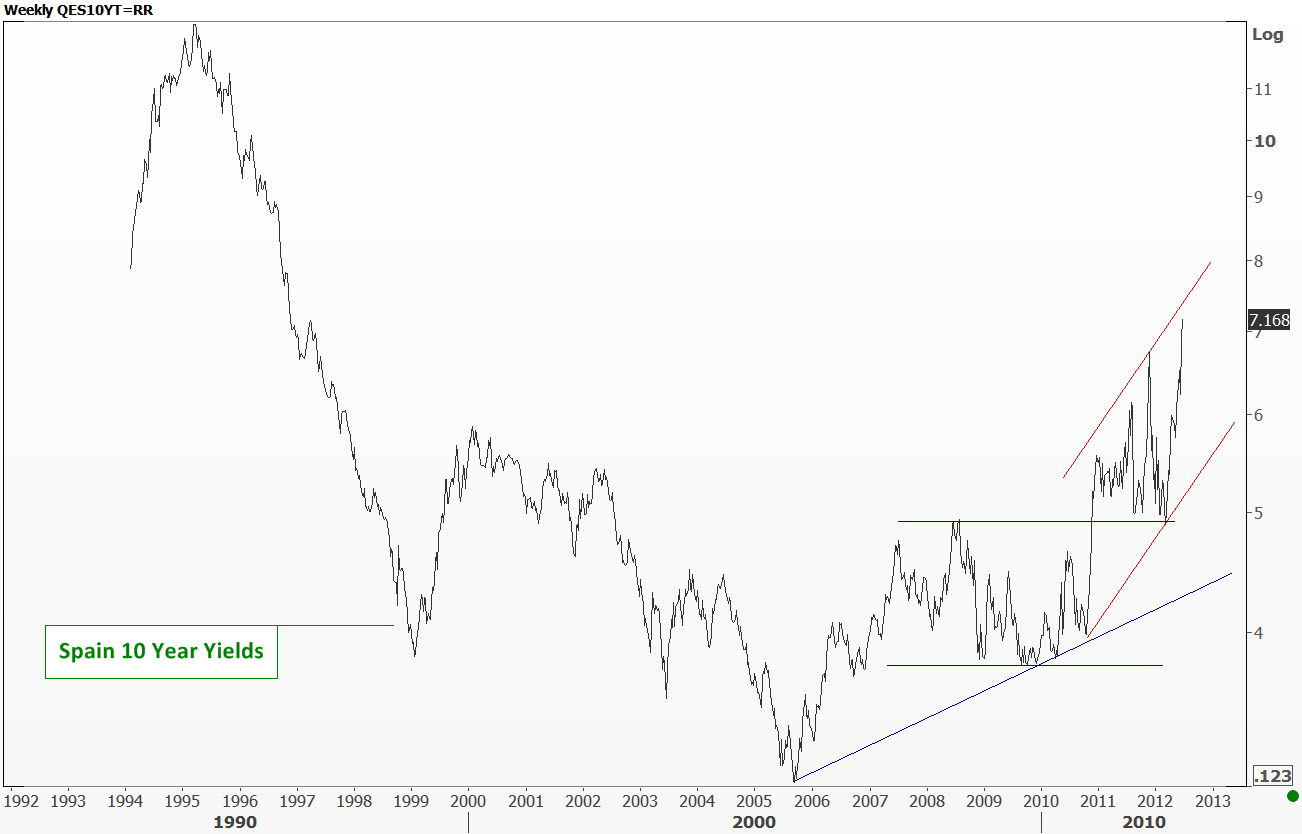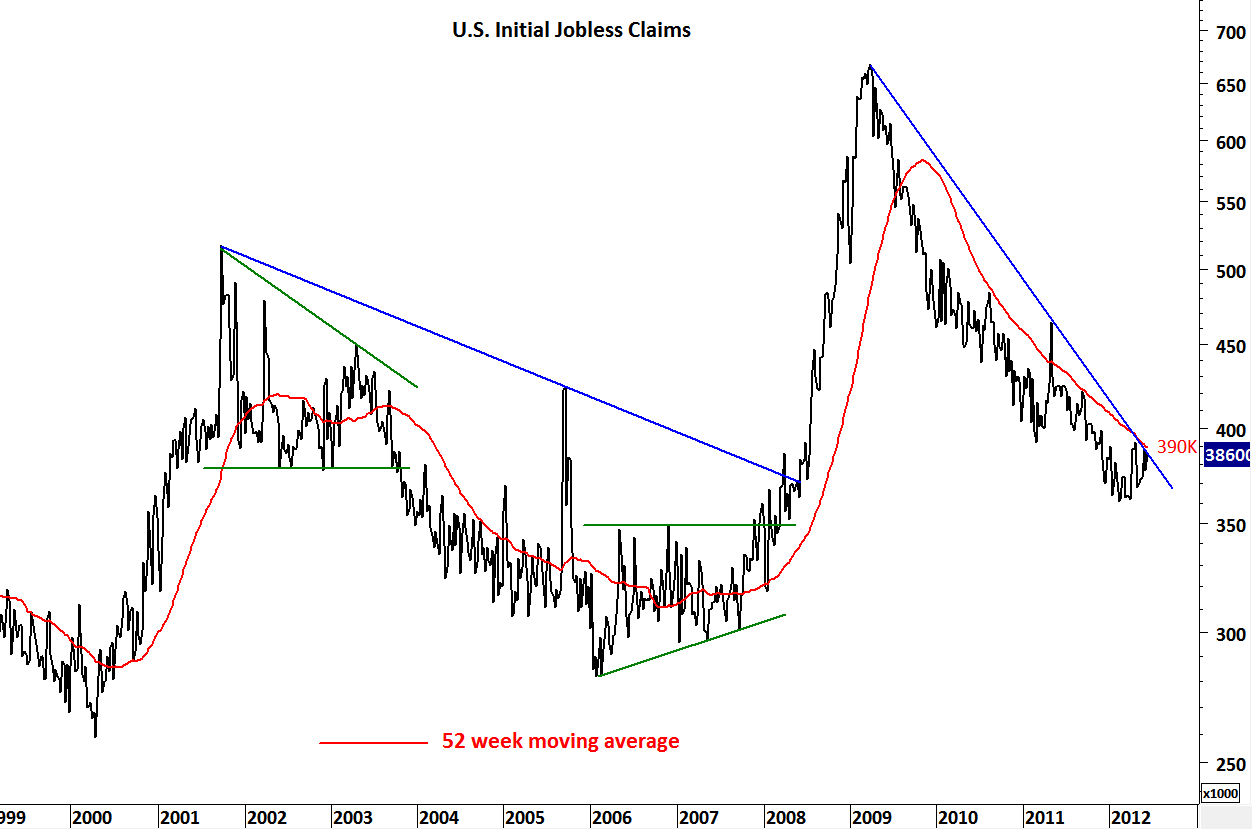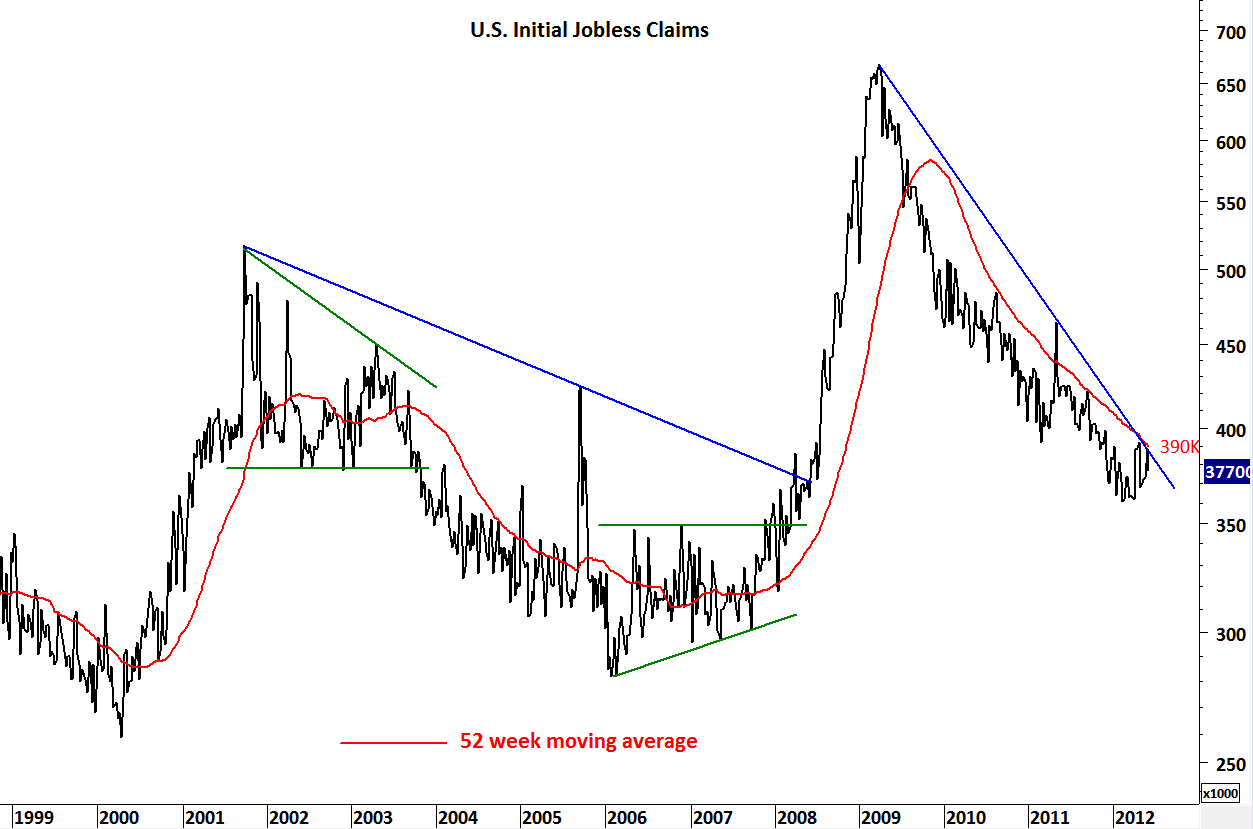U.S. DOLLAR INDEX
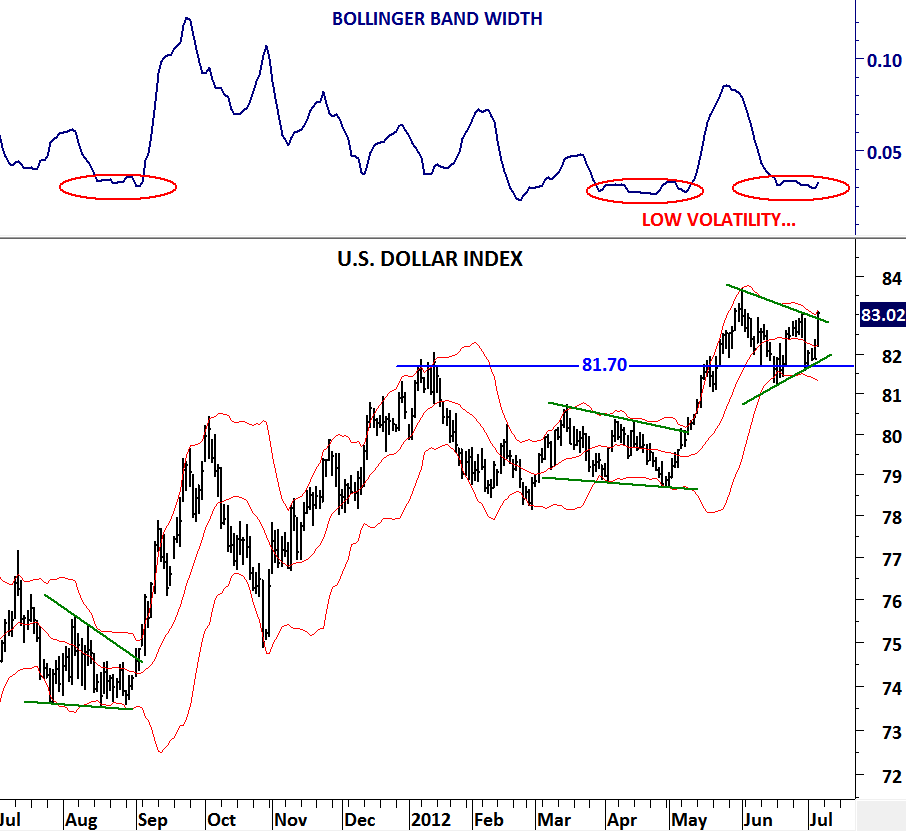 In U.K. the Monetary Policy Committee led by Governor Mervyn King raised its asset-purchase target by 50 billion pounds ($78 billion) to 375 billion pounds and said the purchases will take four months to complete. Separately, the European Central Bank cut its key interest rate below 1 percent for the first time and China lowered benchmark rates for the second time in a month.
In U.K. the Monetary Policy Committee led by Governor Mervyn King raised its asset-purchase target by 50 billion pounds ($78 billion) to 375 billion pounds and said the purchases will take four months to complete. Separately, the European Central Bank cut its key interest rate below 1 percent for the first time and China lowered benchmark rates for the second time in a month.
I believe it is time to update the most exciting chart: the U.S. Dollar Index. I’ve analyzed the dollar index in the past few months and drew attention to the bullish outlook on the price chart. This was due to a major inverted head & shoulder pattern getting closer to completion. In May, U.S. dollar index broke above 81.70 levels and started consolidating above this critical support/resistance level. The index has a chart pattern price target of 89 levels. After the breakout above 81.70, the index moved sideways for almost a month and now it is close to another strong move. As long as price stays above 81.60-81.70 area, dollar index will remain strong and target 89 levels.
It is important to note that volatility is now at a 6 month low and suggests high volatility in the coming days/weeks.


